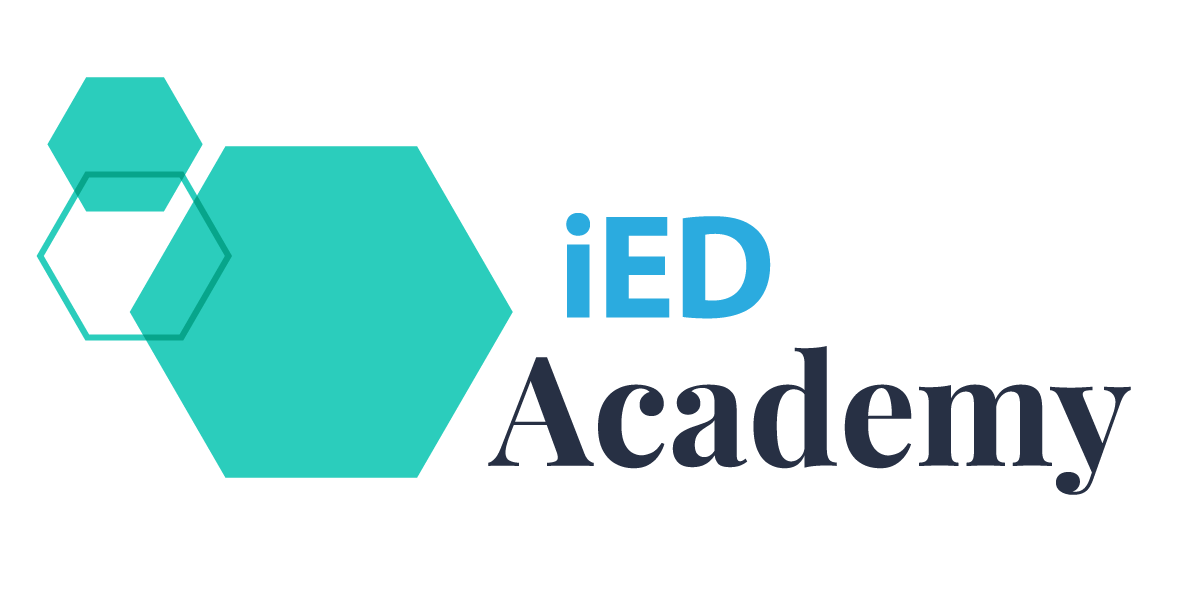More and more businesses employ educational marketing strategies, as an effective consumers’ approach. This is a marketing technique that values and adapts to prospects’ time, without creating them any obligation to commit. Moreover, the application spectrum of such marketing strategies extends to all industries.
The core of educational marketing technique is consumers’ engagement, through knowledge provision. The whole concept of this tactic is employing teaching approaches that will prompt potential consumers to buy a service provision or a product, through informed decision-making. Therefore, any gaps between companies and consumers are bridged, through knowledge sharing. In fact, a company establishes its presence through the provision of valid knowledge.
Apparently, the overall aim is oriented towards sale; however, not in an obligatory manner. In fact, pressuring tactics denote lack of consideration related to the consumers’ best interest; therefore, such marketing practices may prove to be unperceptive. Whereas education-based marketing adopts approaches that aim at brand visibility with lasting effects. In particular, educational marketing invests in creating solid foundation, such as building trust; the creation of a relationship with customers, with the potentials to extend further; and, maintaining the relationship with customers as well.
Company examples that employ educational marketing are:
- Indium Corporate is a successful blog that covers subjects pertinent to engineering, and at the same time promotes its products.
- The eDX platform facilitates academic learning and teaching from higher education institutions, through online courses provision.
- Google Academy for ads, is the Google marketing platform that provides e-learning masterclasses related to digital marketing. In fact, Google platform is grounded on the Google advertising products.
- iED Academy is a reliable knowledge hub that facilitates the linkage between business experts and its users. The platform operates as a digital “host” of upskilling courses and informative content development to guide users through the spectrum of entrepreneurship and innovation.
In the context of education-based marketing, meeting business objectives is related to attracting the identified target group. The following tips will facilitate the integration of education-based marketing approach:
- Once the target audience is identified, profiling potential customers is imperative. This profiling process is determinant to the informative content that will follow.
- Subsequently, setting the marketing strategy key points and the development of an appealing marketing message are crucial. The formation of this message should be in accordance with the business prospects’ demands. Both the selected key point and marketing message will form the consistent pattern of the strategy.
- Avoid any pressuring marketing tactics; instead continue with the provision of information that doesn’t pertain to the expectation of any commitment, on behalf of the customer.
Educational marketing strategies are approaches that rely to the provision of valid knowledge. Such strategies turn a profit by investing in informed customers and the creation of lasting relationships with them. Hence, we refer to a marketing technique that relies on mutual respect.
